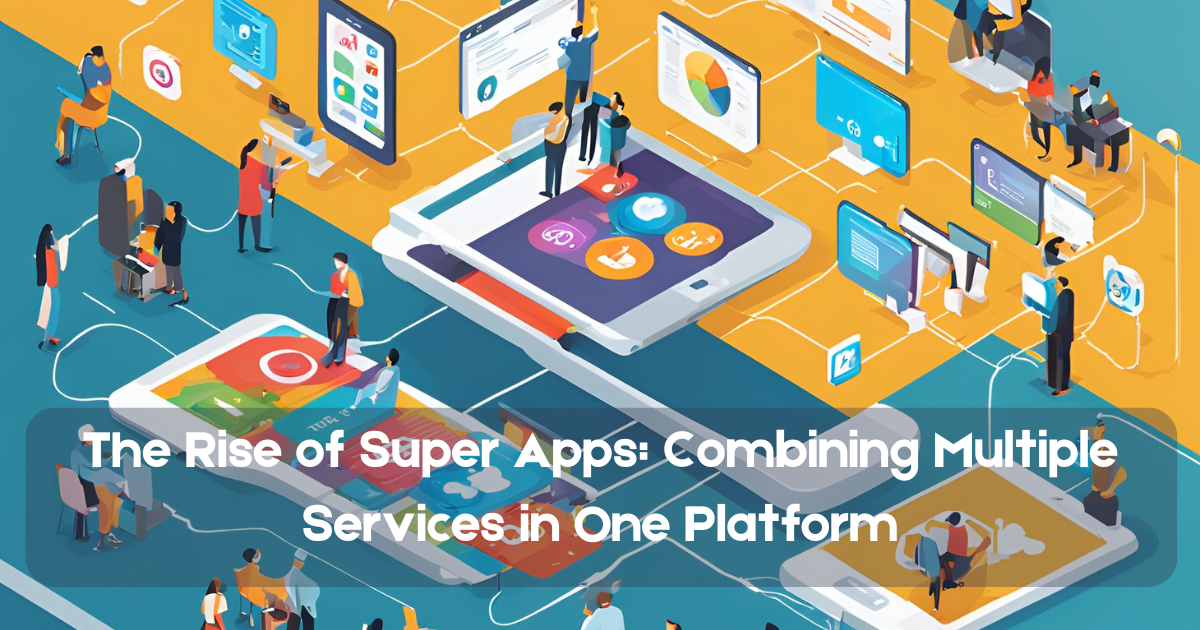### 1. The Rise of Artificial Intelligence and Machine Learning
AI and machine learning (ML) continue to revolutionize mobile applications, significantly enhancing user experience and app functionality. These technologies enable apps to learn from user behavior, predict preferences, and provide more personalized content. From virtual assistants like Siri and Google Assistant to advanced recommendation systems in streaming services, the integration of AI ensures that apps are more intuitive and responsive.
### 2. 5G Connectivity: Unleashing New Potential
The rollout of 5G networks worldwide is set to take mobile applications to new heights, providing faster download and upload speeds, reduced latency, and enhanced overall connectivity. This enables the development of more complex and data-intensive apps, including augmented reality (AR) and virtual reality (VR) applications, real-time gaming, and seamless video conferencing. The increased reliability of 5G connections is likely to spurn a new wave of innovation in mobile app development.
### 3. Augmented Reality (AR) and Virtual Reality (VR) Experiences
AR and VR technologies are no longer just buzzwords; they are becoming essential features in modern mobile applications. Industries such as healthcare, education, real estate, and retail are integrating these immersive technologies to provide interactive and engaging experiences. For instance, AR can facilitate virtual try-ons in retail apps, while VR can be used for remote medical consultations or virtual property tours in real estate.
### 4. Blockchain for Enhanced Security and Transparency
Blockchain technology is transforming the way mobile applications handle data security and transactions. By utilizing a decentralized ledger system, blockchain ensures that data is tamper-proof and transparent. This is particularly beneficial for financial and banking apps, which require high levels of security for transactions and user data. Furthermore, blockchain can also enhance transparency in supply chain management apps and streamline processes in logistics apps.
### 5. Cross-Platform Development
Cross-platform development frameworks like Flutter, React Native, and Xamarin are gaining popularity due to their ability to save time and resources by allowing developers to write code once and deploy it across multiple platforms. This trend is expected to grow as businesses look for cost-effective ways to reach a broader audience without compromising on performance and user experience. Cross-platform apps provide a consistent experience across iOS, Android, and web, which is increasingly important in today’s multi-device world.
### 6. Predictive Analytics for Better User Insights
Predictive analytics uses historical data, statistical algorithms, and machine learning techniques to identify the likelihood of future outcomes. In mobile applications, predictive analytics is being used to understand user behavior, anticipate user needs, and optimize marketing strategies. By analyzing patterns and trends, apps can offer tailored content, notifications, and promotions, leading to improved user retention and engagement.
### 7. IoT Integration
The Internet of Things (IoT) is not just about smart homes and connected devices; it is also converging with mobile applications to create smarter and more interconnected ecosystems. From health monitoring apps that sync with wearable devices to apps that control home automation systems, IoT integration is providing users with seamless and efficient ways to manage their daily tasks. The ability to collect and analyze data from various connected devices fosters a holistic and integrated user experience.
### 8. Enhanced Privacy Measures
With growing concerns over data privacy and security, mobile applications need to adopt stricter privacy measures to gain user trust. The future of mobile app development will see increased adoption of data encryption, secure authentication methods, and transparent data policies. Regulations like GDPR and CCPA are driving apps to prioritize user consent and safeguard personal information more diligently than ever before.


